Mellichamp Environmental Justice Forum
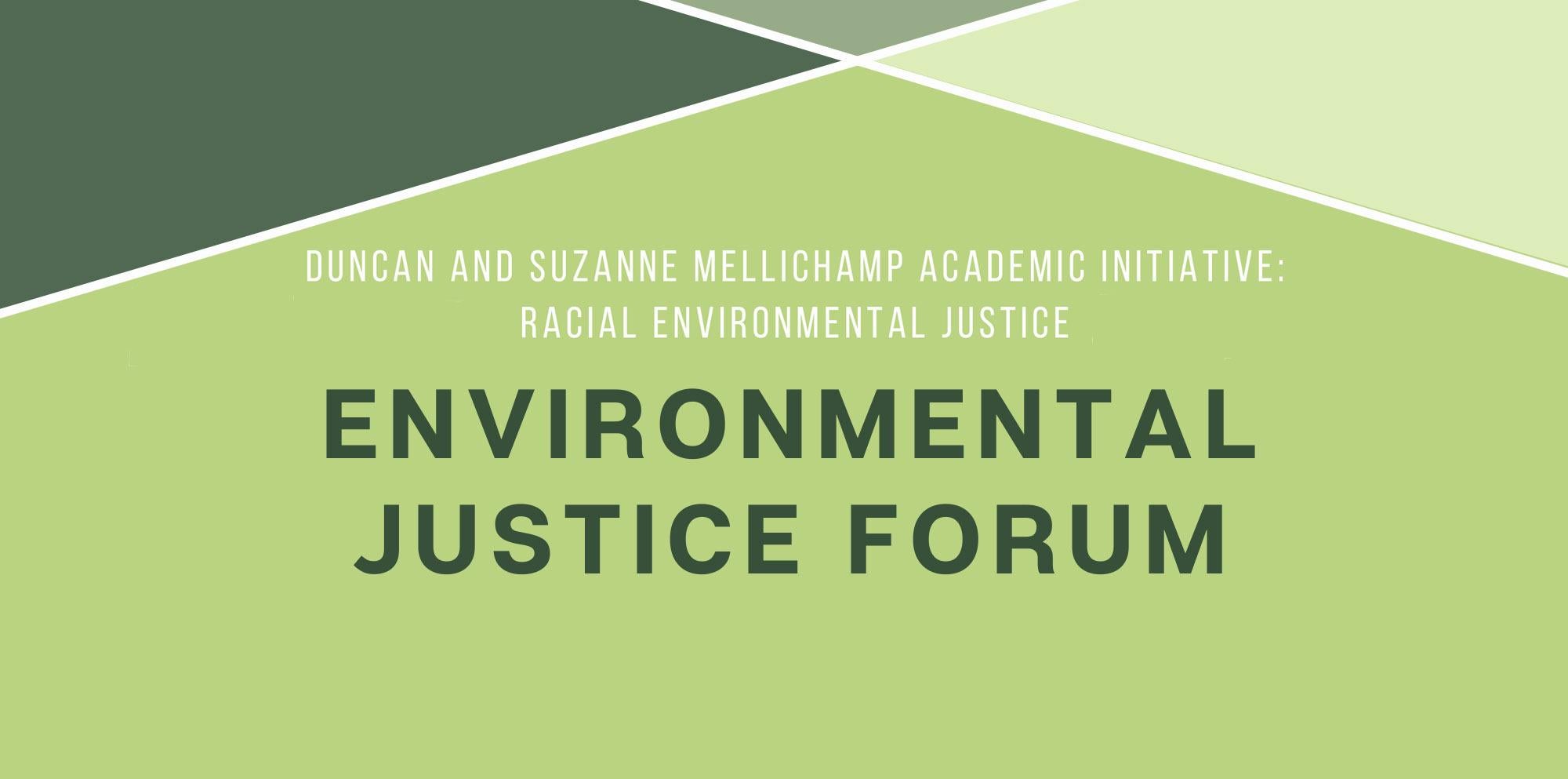
The community is invited to join us on Thursday, April 28, and Friday, April 29, for the Duncan and Suzanne Mellichamp Academic Initiative: Racial Environmental Justice Forum.
Schedule:
Thursday, April 28
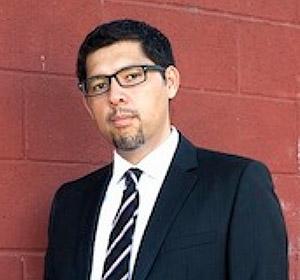
3:00pm PT
Precarious Ecologies: Chicana/o and Latinx Studies in a Moment of Environmental Crisis
Dr. Juan De Lara
South Hall 1623, UCSB
Dr. De Lara is Associate Professor of American Studies and Ethnicity at the University of Southern California. He studies urban political economy, racialization, and the politics of space, as well as the use of data science and technology to reorganize how various state agencies are restructuring the social relations of race, immigration, and labor. A third set of projects focus on public-facing research that support community-based organizations in their efforts to resolve social disparities. His book, Inland Shift: Race, Space, and Capital in Inland Southern California, uses logistics and commodity chains to unpack the black box of globalization by showing how the scientific management of bodies, space, and time produced new racialized labor regimes that facilitated a more complex and extended system of global production, distribution, and consumption. Hosted by the UCSB Chicana & Chicano Studies Department.
Friday, April 29
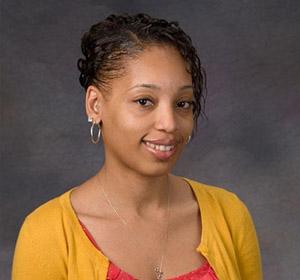
9:00am PT
Understanding Caribbean Environmental Worldviews as a Form of Environmental Justice
Dr. April Baptiste
Bren Hall 1414
Dr. Baptiste is Professor of Environmental Studies and Africana and Latin American Studies at Colgate University. Her research looks at the intersection of environmental psychological variables and environmental justice issues within the Caribbean region, particularly examining environmental movements, environmentalism, and how this worldview is operationalized in the region through different environmental NGOs. Her US research focuses on access to food for low income residents in Central New York. Her projects have examined the relationship between environmental attitudes and concerns toward oil and gas drilling in Trinidad, the relationship between environmental justice and the siting of aluminum smelters within the same context and knowledge, perceptions and behaviors to climate change in the Caribbean. Hosted by the Bren School of Environmental Science & Management
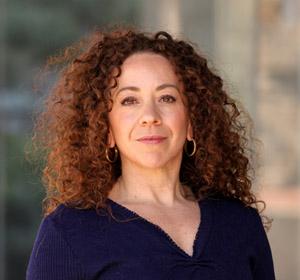
10:00am PT
Cultivating Science, Justice, and Action through Participatory Research Methods
Dr. Mónica Ramírez-Andreotta
Bren Hall 1414
Dr. Ramírez-Andreotta is Associate Professor of Soil, Water and Environmental Science (SWES) with a joint appointment in the Mel and Enid Zuckerman College of Public Health’s Division of Community, Environment and Policy at the University of Arizona. Her research revolves around developing a fundamental understanding of the fate and transport of contaminants in the environment, with a primary focus on plant-soil systems and phytotechnologies to improve soil and air quality. Dr. Ramírez and her team are committed to serving the community and building citizen science programs to increase public participation in environmental health research, developing low-cost environmental monitoring tools to improve exposure estimates, and designing effective risk communication and data report-back strategies to improve environmental health literacy. Hosted by the UCSB Environmental Studies Program
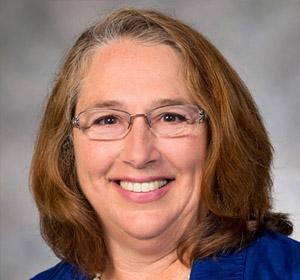
10:00am PT
Spatial-Temporal Modeling for Public Health Surveillance through Wastewater
Dr. Katherine Bennett Ensor
Girvetz Hall 1004
Dr. Ensor is the Noah G. Harding Professor of Statistics in the George R. Brown School of Engineering at Rice University where she serves as director of the Center for Computational Finance and Economic Systems (CoFES). She also oversees the development of the Kinder Institute Urban Data Platform, a resource for the greater Houston area. She has helped develop the Texas Flood Registry to track the health and housing impacts of major flooding events and statistical methods for estimating exposure to air pollutants. Specifically, she examines how wastewater surveillance has emerged as a strong tool for city, county, state and national public health departments. She explores the spatio-temporal modeling based on weekly observations of a mix of measurements across sewersheds of differing scale, as well as localized lift stations. Dr. Ensor explains the practical issues related to setting up a statistical-analysis system for real-time and regular use. Hosted by the Department of Statistics and Applied Probability
1:00 - 4:00pm PT
Bren Hall 1414
Flash Talks: Professors Kyle Meng, David Pellow, Amrah Salomón,, Elana Resnick, and Casey Walsh
Panel Discussion: Professors Juan De Lara, April Baptiste, Mónica Ramírez-Andreotta, and Katherine Bennett Ensor
4:00 - 5:00pm PT
Decker's Outdoor Terrace, Bren Hall
Reception
Sponsored by:
Office of the Executive Vice Chancellor
Bren School of Environmental Science & Management
Chicana & Chicano Studies
Environmental Studies
Statistics and Applied Probability
Chicano Studies Institute